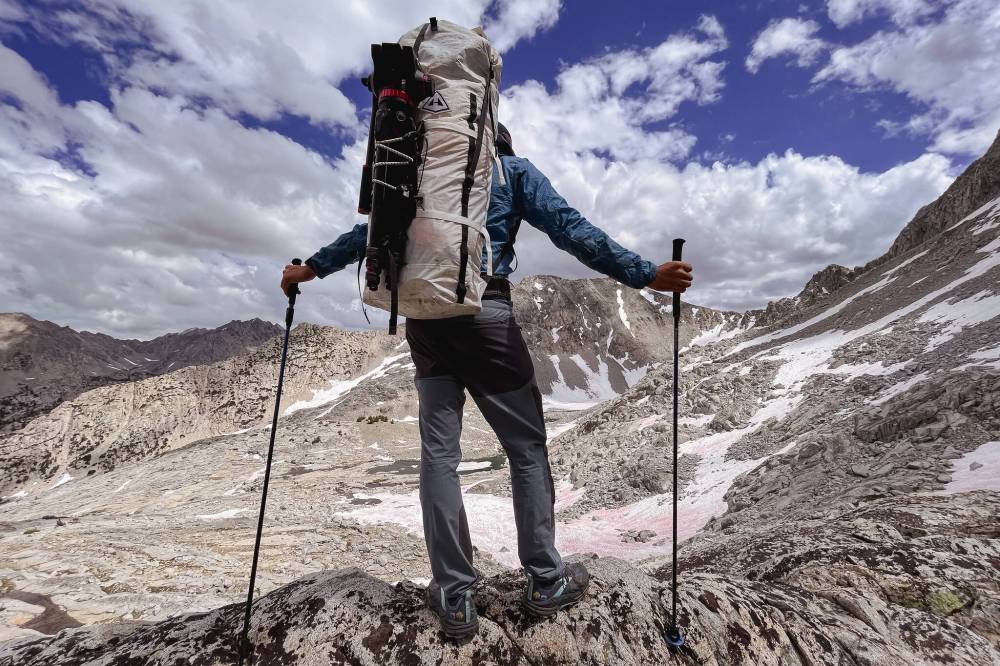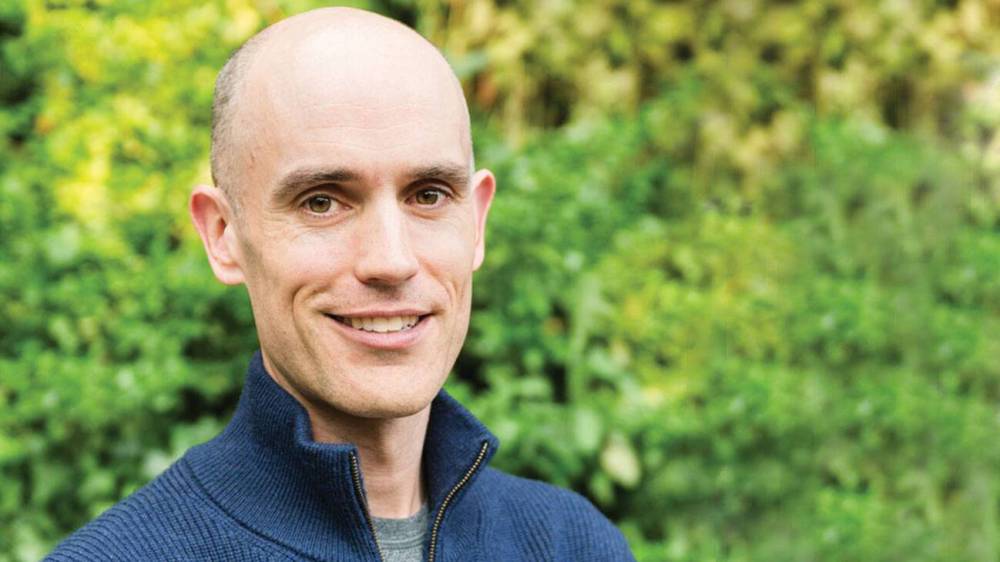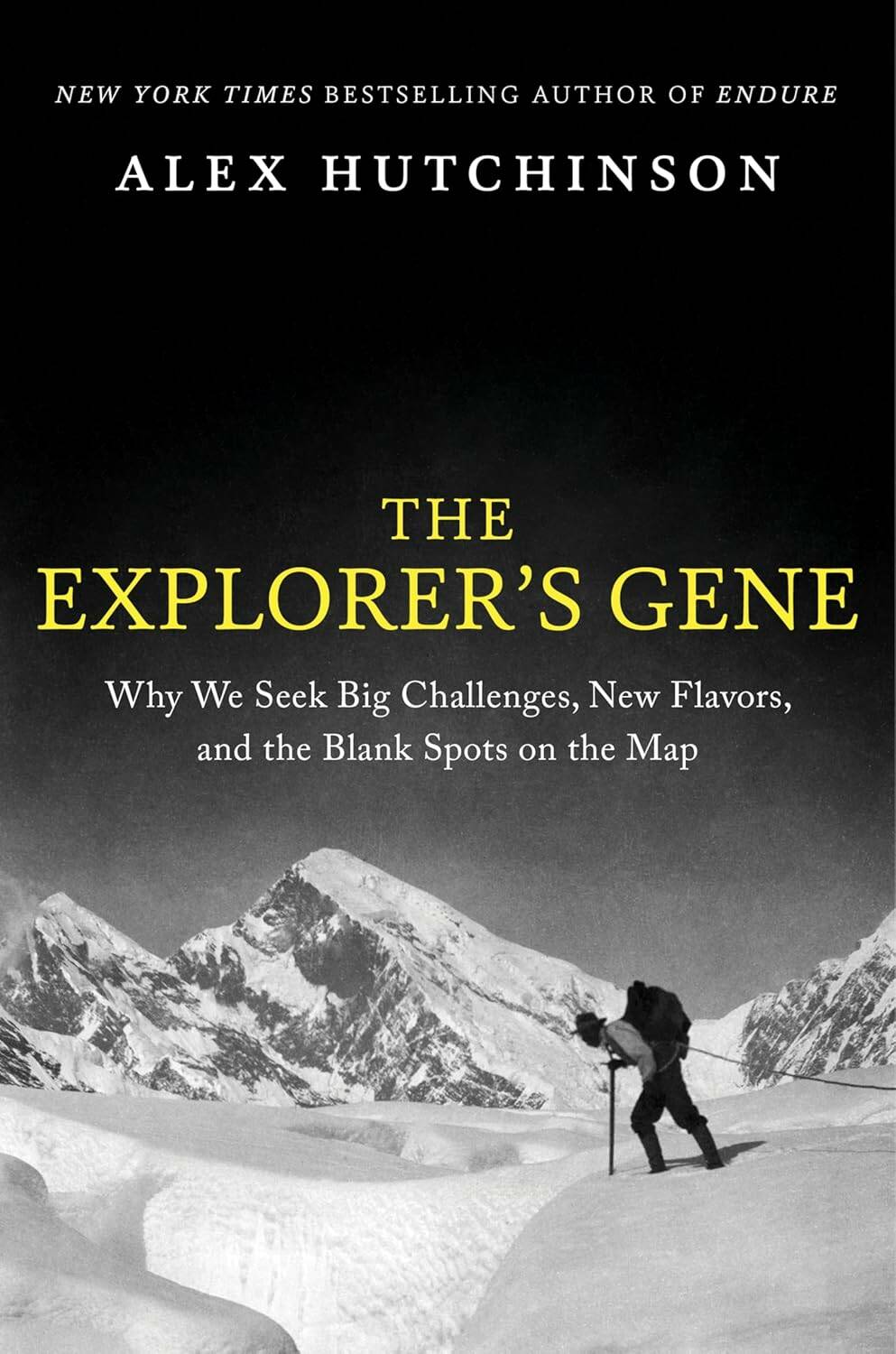Navigating the unknown
From science experiments to ordering dinner, trying new things can pay valuable dividends
Advertisement
Read this article for free:
or
Already have an account? Log in here »
To continue reading, please subscribe:
Monthly Digital Subscription
$0 for the first 4 weeks*
- Enjoy unlimited reading on winnipegfreepress.com
- Read the E-Edition, our digital replica newspaper
- Access News Break, our award-winning app
- Play interactive puzzles
*No charge for 4 weeks then price increases to the regular rate of $19.00 plus GST every four weeks. Offer available to new and qualified returning subscribers only. Cancel any time.
Monthly Digital Subscription
$4.75/week*
- Enjoy unlimited reading on winnipegfreepress.com
- Read the E-Edition, our digital replica newspaper
- Access News Break, our award-winning app
- Play interactive puzzles
*Billed as $19 plus GST every four weeks. Cancel any time.
To continue reading, please subscribe:
Add Free Press access to your Brandon Sun subscription for only an additional
$1 for the first 4 weeks*
*Your next subscription payment will increase by $1.00 and you will be charged $16.99 plus GST for four weeks. After four weeks, your payment will increase to $23.99 plus GST every four weeks.
Read unlimited articles for free today:
or
Already have an account? Log in here »
Among the many technical terms from fields such as neuroscience, artificial intelligence, applied mathematics and genetics found in this fascinating new book by bestselling Canadian science writer/distance runner/physicist Alex Hutchinson, the reader discovers “prediction error.”
It’s a term that comes from studies of how the brain makes sense of the impressions presented to it by the senses. The brain doesn’t simply receive sensory data; rather, it continually makes predictions based on partial sense data and feeds these back to the senses. When we get lost, the predictions we make tend to be errors.
We also carry a variant of the gene DRD4 that gives us a happy endorphin boost when our rate of prediction error declines. That genetic variant, Hutchinson writes, emerged 40-50,000 years ago, “right around the time when our ancestors began their long, multi-pronged march to the farthest corners of the globe. It was a march, the findings hinted, spurred in part by dopamine.”

Associated Press files
Despite the book’s title, Alex Hutchinson’s latest is about much more than investigating far-flung and remote corners of our planet.
Appropriately enough, The Explorer’s Gene will be picked up by many readers as a result of a prediction error. Judging by the title and the historic mountaineering photo on the cover, readers may assume the book is a story of outdoor adventure.
So it may come as a surprise that it’s packed with discussions of experiments involving social-science questionnaires, rats in cages or brain imaging.
Exploration, in Hutchinson’s context, can mean striding off into the unknown, conducting scientific research or even varying your restaurant selections. Should you always order from the pizza parlour you like, knowing from experience that you’ll enjoy it? Or should you “explore” the restaurant scene in case a new, better place has opened up? According to Hutchinson, the science says “try that new joint now and then.”
Hutchinson, who has a master’s degree in journalism from Cornell University and a PhD in physics from the University of Cambridge, drew on his experience with Canada’s national distance running team to write the bestseller Endure, on the science of endurance.
Hutchinson cites Swedish speedskater Nils van der Poel as an example of the benefits of experimentation. The skater had done reasonably well with the standard approach to training, but after the 2018 Olympics tried an unheard-of training regimen that led to Olympic gold in Beijing in 2022 and world records.

Supplied photo
Hutchinson is a science writer, long-distance runner and physicist.
Each chapter begins with a capsule illustration of an aspect of exploration, exemplified in incidents such as Alexander Mackenzie’s journey to the Arctic Ocean in the 18th century or the Polynesian voyages that settled the Pacific Ocean. One story, about a six-year-old boy who got lost in the mountains of Oregon and found his way home on his own, introduces a discussion of free childhood play as a form of exploration and the worrisome consequences of a decline in such exploration in a wired, media-fed culture.
Another topic may be of special interest to readers with a lot of mileage on their traveling shoes. It’s called the “explore-exploit” dilemma. Generally speaking, we explore when we’re young and have time to make mistakes and try again. When we’re older we “exploit” our existing knowledge, living off skills acquired earlier. But that doesn’t mean we should give up exploring altogether.
In fact, Hutchinson argues that continuing to explore helps keep people physically and mentally healthy as they age.
So even if you feel too old to learn about algorithms and game theory, and even if your explorations are mostly carried out through a screen, adding The Explorer’s Gene to your bookcase may help you navigate the seas of advancing age as you sail toward the final discovery.
Bob Armstrong is a Winnipeg novelist who writes about his explorations on Substack @wanderingwriterbobarmstrong.


